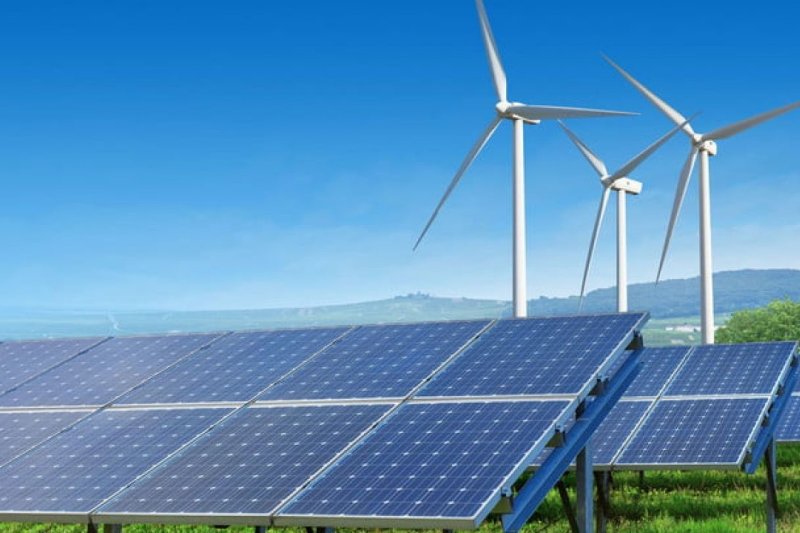Energy Independence, Net Exporter within 2030
Prime Minister Edi Rama declared on Tuesday that thanks to projects for the diversification of energy sources, Albania within this decade will be energy independent from any external development and a net energy exporting country.
During the event in Fier where key achievements in the production and diversification of energy sources, as well as investments made in this sector, were presented, the Prime Minister focused on the long-term objectives for sustainable development within 2030.
Rama announced that the country has almost doubled its production compared to 2013, but the production base, which was only from water, has also been diversified.
The Prime Minister emphasized that in the situation of climate change, production from water sources becomes completely unpredictable, so the future remains the diversification of energy sources.
From the point of view of network losses, Rama stated that Albania is now within the parameters of a normal European country. He further stated that Albania has very high salaries in the energy sector, where an important part of the credit also belongs to the private sector.
The PM focused on raising the awareness of the private sector as a whole about increasing salaries and the importance of human resources.
According to him, it is being realized and is very close to Albania’s transition from a country struggling with energy production to a net energy exporting country.
Rama noted that the transmission network has also been transformed, with “the cherry on the top” being the interconnection line with Italy.
Also present at the meeting, Deputy Minister Belinda Balluku added that the first steps of the interconnection line with Italy have begun. Balluku said that thanks to the good management of the energy sector, the government also introduced a reduction in energy tariffs.
She also presented the figures for the increase in energy production, where in 2025, according to Balluku, the annual energy production is expected to increase by 60% compared to 2013, while for 2030, this increase is foreseen to be 135%.
Balluku emphasized that, in parallel, private enterprises are also investing in this sector to build small photovoltaic parks and today 10% of renewable energy comes from these parks, creating a new energy pole in the Karavasta - Nartë area.
She informed me that the government has launched an in-depth study that will provide a map for the future on how investments in the energy sector will continue, where it is not enough just to produce, but also to transmit.
Balluku emphasized that times are challenging, as he brought to attention the case of Spain and Portugal, which have declared a state of emergency due to the collapse of transmission networks.













